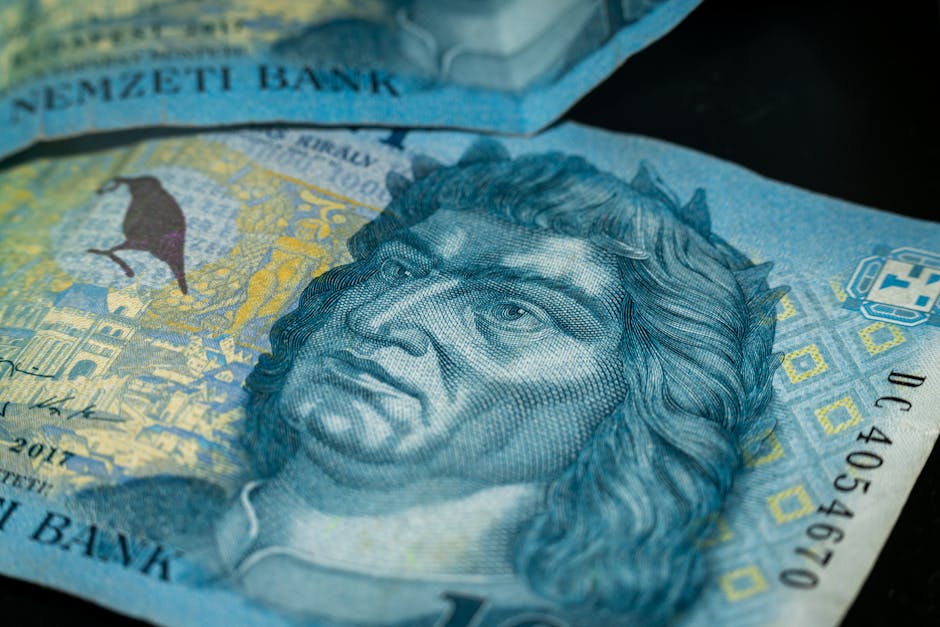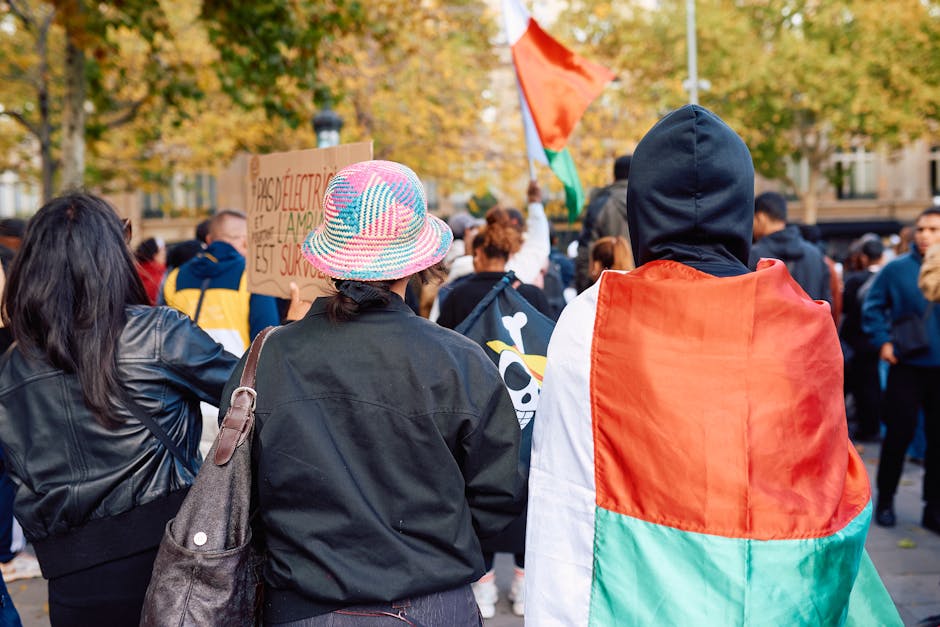The words hang in the air, heavy with a mixture of regret, PR spin, and the undeniable sting of truth. “I deeply hurt people,” admitted former Liverpool captain Jordan Henderson, reflecting on his seismic and deeply controversial move to the Saudi Pro League last summer. For the millions who saw him not just as a footballer but as a moral compass, it was an admission that came six months too late.
From LGBTQ+ Ally to Saudi Pro League Star
In the world of modern football, player transfers are a dime a dozen. But Henderson’s move from the hallowed grounds of Anfield to Al-Ettifaq wasn’t just another transfer; it was a cultural shockwave. This wasn’t just about a club icon leaving for a payday that would make a Bollywood producer blush. This was about what Henderson, the man, stood for—or rather, what we thought he stood for.
Jordan Henderson had meticulously built a reputation as one of football’s most prominent allies to the LGBTQ+ community. He was the face of the Premier League’s Rainbow Laces campaign, wore the rainbow armband with pride, and penned heartfelt messages of support and solidarity. He was, in a world often criticised for its backward social views, a beacon of progressive values.
Then, he packed his bags for a nation where homosexuality is illegal and punishable by severe means. The betrayal felt by his supporters, particularly those in the LGBTQ+ community, was palpable and profound.
The £700,000 Question: Principles vs. Paycheck
The principles Henderson espoused appeared to have been sold for a reported weekly wage of £700,000. The rainbow laces he once championed now seemed like a hollow marketing gimmick. His recent confession, made as he engineered a hasty retreat from Saudi Arabia to join Dutch club Ajax after a mere six months, forces us to confront an uncomfortable reality. Can a man’s values truly have a price tag?
To play devil’s advocate, who among us would turn down a sum of money so vast it could secure our family for generations? The Saudi Pro League, with its seemingly bottomless pit of funds, has successfully lured superstars like Cristiano Ronaldo and Neymar. It’s a calculated project of ‘sportswashing’ – using the glamour of football to improve the country’s global image. Henderson was just another piece in their expensive puzzle.
But that’s precisely why his case was different. Ronaldo and Neymar’s careers were defined by individual brilliance and commercial appeal. Henderson’s brand was built on something more: character, leadership, and integrity. His move felt like a betrayal not of a club, but of an idea.
A Hollow Apology and a Cautionary Tale
Imagine a beloved cricketer, known for his vocal stance on youth fitness and anti-tobacco campaigns, suddenly becoming the face of a major pan-masala brand. The public outcry would be deafening, not just because he’s selling a product, but because he’s selling out his principles. That’s the emotional chord Henderson’s move struck.
Now, having cut his Saudi experiment short, his apology feels like damage control. Is he truly sorry for the hurt he caused, or is he simply sorry the move didn’t work out and his reputation is in tatters? The truth likely lies somewhere in between.
Henderson’s saga is a cautionary tale. It reveals the fragile intersection of money, morality, and public image in professional sports. He may have learned his lesson, but the scar remains from a move that left many feeling that he deeply hurt people by moving to Saudi Arabia. For those fans, the apology is a start, but forgiveness, much like loyalty, is not easily bought.




